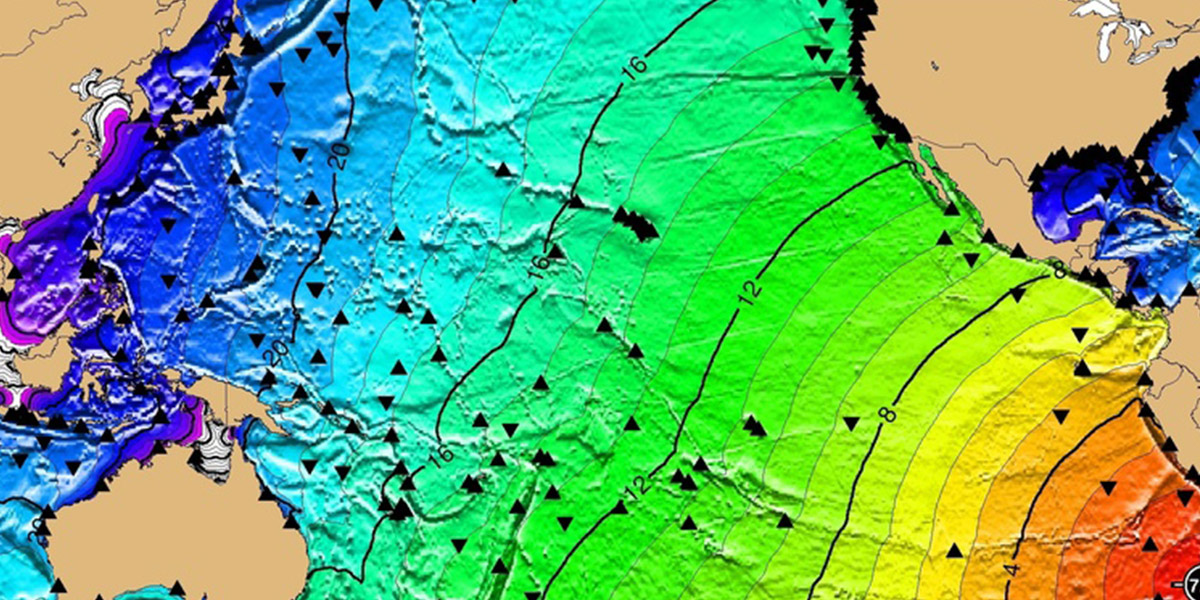Naval Study Reveals Climate Change Impacts on Operations - Energy Academic Group

Naval Study Reveals Climate Change Impacts on Operations
Researchers at the Naval Postgraduate School recently completed the Impact of Climate Change on Naval & Marine Corps Operations project, funded by NAVAIR. The project was led by the Energy Academic Group’s Marina Lesse, Kristen Fletcher and Cayle Bradley, with support from Bill Muras, Rabia Khan (Systems Engineering) and Lieutenant Commander Ted Jacobs (Meteorology and Oceanography).
Identifying and understanding the true impact of climate change on Naval and Marine Corps operations is a persistent challenge. However, this has been infrequently studied. Understanding, projecting, and predicting the impacts are especially important for strategic, operational and tactical planning. The goal of this research is to help the Department of the Navy better understand how to meet its operational mission in a changing climate and environment.
The work focused on a meteorological appraoch. Much of the meteorological analysis was conducted by NPS Nimitz Research Group Scholar and Meterology and Oceanography (METOC) officer, LCDR Ted Jacobs. The Nimitz Research Group was established in 2022 to leverage NPS’ educational and research capabilities for the Indo-Pacific Area of Responsibility. Feedback received from INDOPACOM identified the First Island Chain as the ideal case study for vulnerabilities to climate change.
LCDR Jacobs created a framework that captures climatological projections for the region while analyzing the set of priority platforms frequently used in the area. The capabilities and limitations of these platforms were then compared to the predicted environmental factors, generating a tool to serve as guiding functions for decision makers on the feasibility of those operations.
Researchers partnered with the Center for Naval Analysis (CNA) which conducted a parallel study entitled Climate Change Implications for Navy Operations, Platforms, and Systems: Setting a Research Agenda. This collaboration helped guide a well-rounded approach which was to study climate impacts by focusing on the physics couplings on sensors and platforms influenced by climatic environmental drivers while also conducting a research gap analysis. Other strategic partners for this research offered feedback garnered via workshops and consultations. These strategic partners include the Center for Excellence in Disaster Management & Humanitarian Assistance (CFE-DMHA) Climate Change Impacts INDOPACOM program, the Joint Typhoon Warning Center, the U.S. Pacific Fleet (PACFLT) Commander, and the INDOPACOM METOC community.
Learn More
An unclassified version of this report is available at: https://tinyurl.com/uda2vmn4. For a classified version, please contact POC Marina Lesse, marina.i.lesse.civ@mail.smil.mil.
Quarterly Newsletter
Surge is published quarterly by the Energy Academic Group and covers a divese range of energy-related topics. View archive

